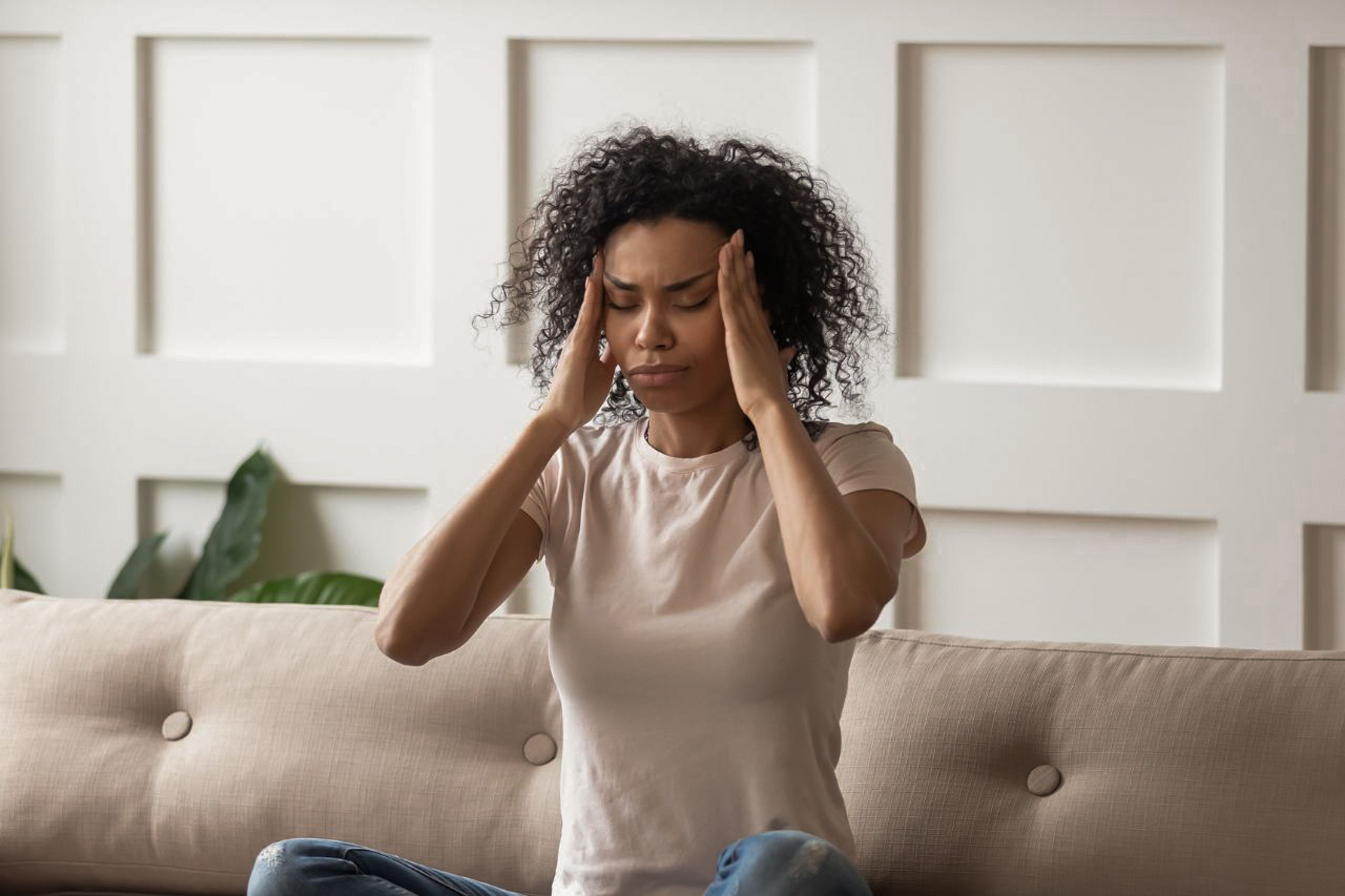
- Health Blog
3 Ways to stop a panic attack
Written by: Editors
Modified on:
One of the worst symptoms of anxiety adults can suffer from are panic attacks, which can have a detrimental effect on everyday life. Although suffering from both can be a challenge, there are some things you can do to minimise your anxiety turning into a panic attack.
If you are an adult living with Anxiety in the UK, then you will be surprised to find out how many people are in the same situation as you.
1 in 4 people in the UK will experience a mental health problem in their lives.
1. Recognise the triggers
Recognising the triggers of your anxiety can be one of the most efficient steps from stopping them turning into a panic attack. Everyone has different triggers for anxiety, and no one thing is smaller or larger than another. Feeling overwhelmed at work can often leave you feeling anxious, and if it is something like this, the smallest thing can lead to a panic attack. Some people also have triggers caused by common fears such as heights and being in enclosed spaces. If you can recognise your triggers, you can take steps to try and calm your mind down. Just before a panic attack hits. Mindfulness has also been known to help many people who suffer with this.
2. Find things that work for your anxiety
There are many things available for the treatment of anxiety. Everyone is different. While medication can be incredibly effective for some, this may not work for others. Likewise for things like cognitive behavioural therapy and meditation. When you first get diagnosed with anxiety, it will take you some time to find out what works for you. When you do this, make sure you always have at least a small amount of access to the treatment through the day.
If meditation works for you, ensure there is a space at work you can use when you need to relax. If you have therapy, try and find a counsellor you can speak to at certain times of the day if you need to. Some people find that getting enough Vitamin D helps and fatigue B12. A study in 2014 in Denmark found that a lack of daylight exposure in the winter disrupts our circadian rhythm and reinforces our responses to stressful and anxiety-provoking experiences.
3. Speak to those around you
There is nothing to be ashamed of when it comes to mental health, and recognising yourself when you may trigger a panic attack is one thing It is also great if you can educate the people around you to when this may happen. If there is someone you feel close enough to them at work, explain to them why there may be times when you need to take a few minutes out if you feel overwhelmed.
At home, it is advisable to do similar, and let those close to you know that you may need certain things from them if you feel anxious.
Please remember if any of your mental health problems escalate you need to speak to a medical professional urgently.